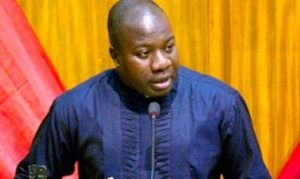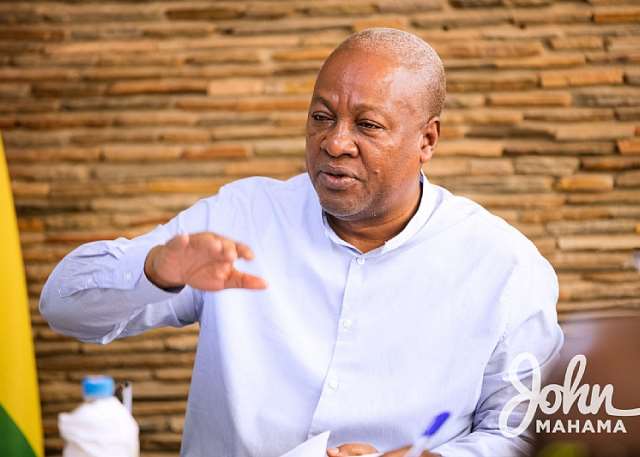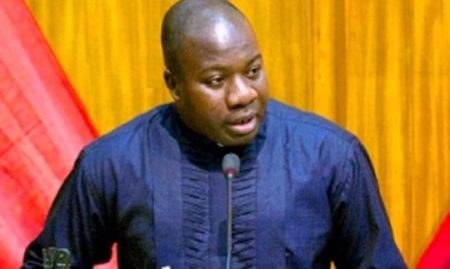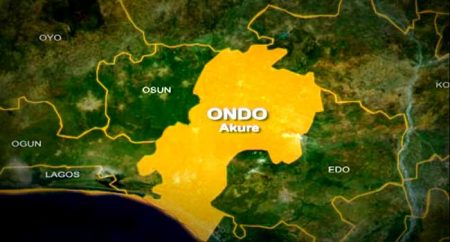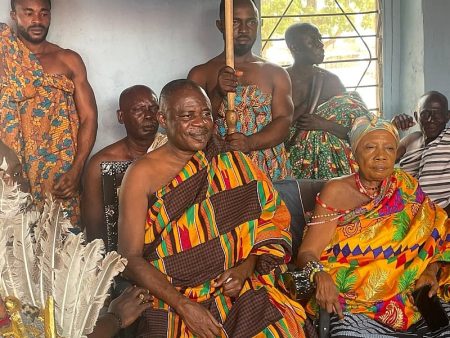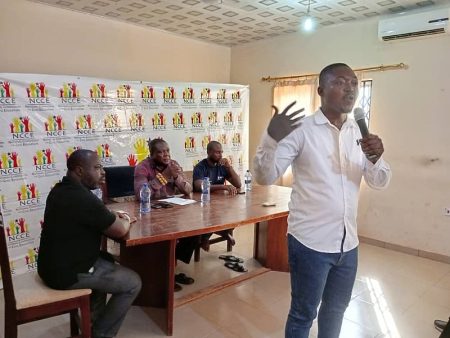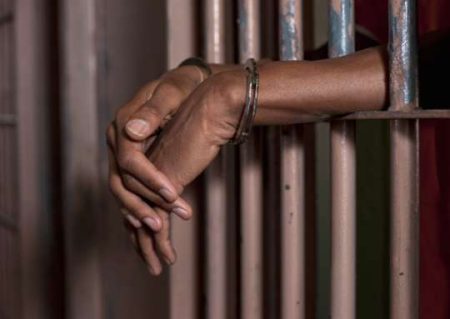John Dramani Mahama, the candidate for the National Democratic Congress (NDC) in Ghana’s 2024 presidential elections, has proposed a comprehensive review of the Labour Act, 2003 (Act 651), aimed at enhancing maternal rights and support for families. Among the key changes he plans to introduce is a mandate for four months of paid maternity leave, in addition to existing provisions. Mahama emphasizes the importance of mental health support for mothers experiencing the devastating effects of stillbirth or infant loss, indicating his commitment to addressing not only physical but emotional and psychological health. His plans also include the introduction of paternity leave with the goal of promoting improved parental involvement and work-life balance, aiming to create a more supportive environment for all families.
In his manifesto titled “Resetting Ghana: Jobs, Accountability, and Prosperity,” Mahama discusses broader policy goals that reflect his multifaceted understanding of Ghanaian society, rooted in his varied experience as an Assemblyman, Member of Parliament, Minister of State, Vice President, and President. His administration’s focus will be on passing the Social Protection and Aged Persons Bill to support vulnerable groups, ensuring better coordination and financing of social protection programs. By completing the Ghana Household Registry, Mahama aims to enhance the targeting of social assistance to the most needy, increasing the efficiency of resource allocation while also building the capacity of social workers to help those in distress effectively.
To alleviate issues of youth unemployment and streetism, Mahama has proposed educational scholarships along with special skills training programs directed at Kayayei (head porters) and other marginalized youth. This holistic approach seeks not only to address immediate economic challenges but also to provide sustainable solutions to social issues, such as rural-urban migration, by equipping young people with skills and knowledge that improve their livelihood prospects. Additionally, he has a vision for ensuring comprehensive support services for out-of-school adolescents, thereby addressing a significant demographic that is often overlooked in developmental initiatives.
The NDC candidate aims to significantly enhance healthcare provision in Ghana by proposing revisions to the National Health Insurance Act, 2012 (Act 852). His focus is on extending free National Health Insurance Scheme (NHIS) coverage to extremely poor households, which would help alleviate financial barriers to accessing essential healthcare services. Moreover, Mahama underscores the need for improving accessibility to healthcare for persons with disabilities and the elderly, proposing measures such as the provision of sign language resources. These initiatives represent an overarching commitment to ensuring that healthcare is a right, not just a privilege, particularly for the marginalized and vulnerable sectors of the population.
Recognizing the importance of primary healthcare, Mahama has also outlined plans to launch an iron supplementation initiative targeting rural areas, with an objective to reduce anaemia rates among under-5-year-olds. His approach reflects a commitment to addressing public health challenges that disproportionately affect the young and rural communities. Furthermore, he emphasizes the significance of supporting local production of laboratory diagnostics, which would not only boost the local economy but also ensure that Ghana becomes less reliant on foreign medical supplies, thereby strengthening overall health security.
In closing his manifesto presentation, Mahama made a heartfelt appeal to the electorate, urging them to vote for him and for all NDC parliamentary candidates in the upcoming elections. He argues that his plans are geared toward fostering inclusive growth by investing in people, demonstrating a clear focus on long-term societal benefits rather than short-term political gain. Mahama’s vision encompasses a broad reform agenda that seeks to uplift marginalized communities, provide support for families, and improve healthcare accessibility, aiming to create a more equitable and prosperous Ghana.


